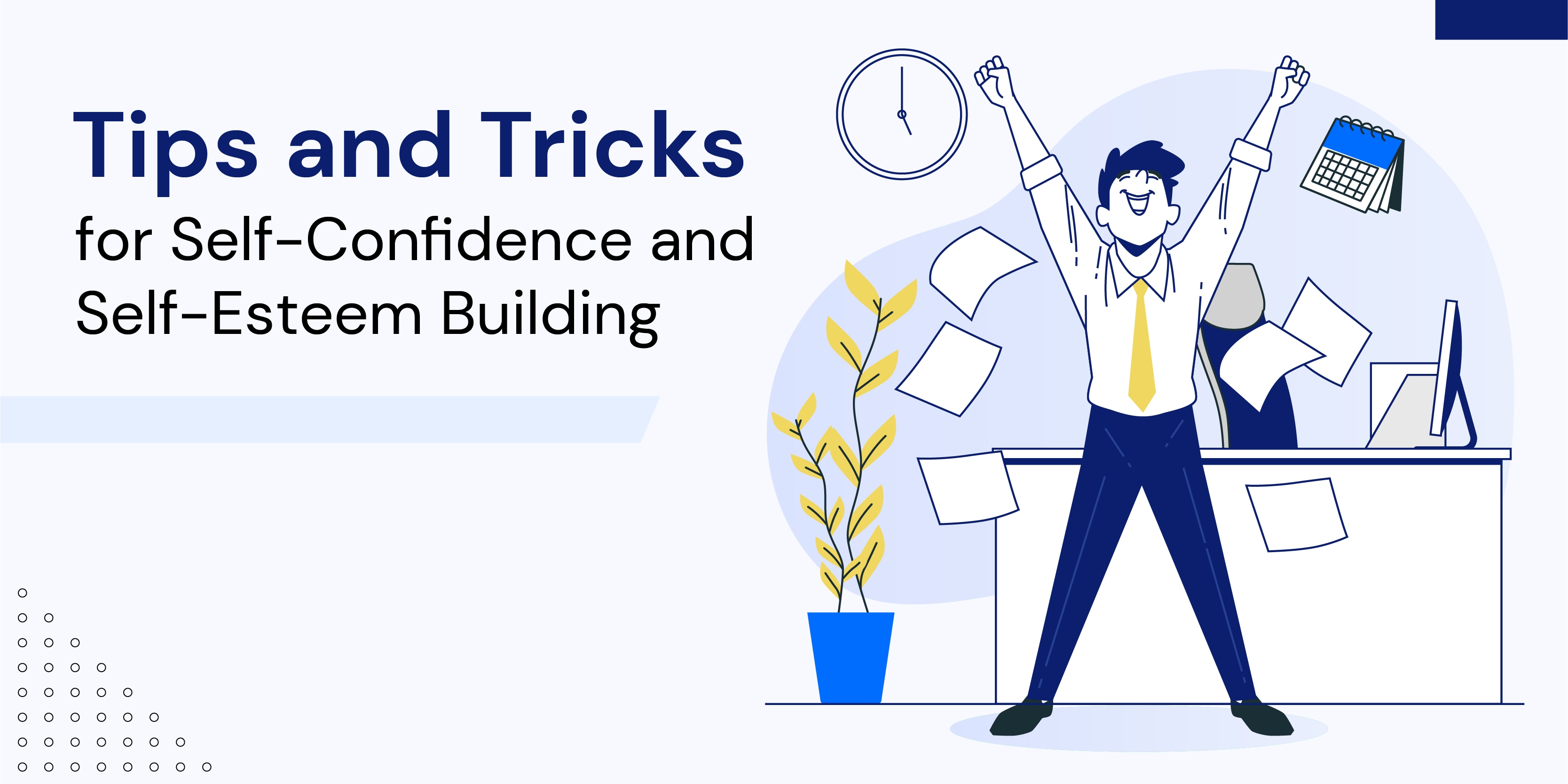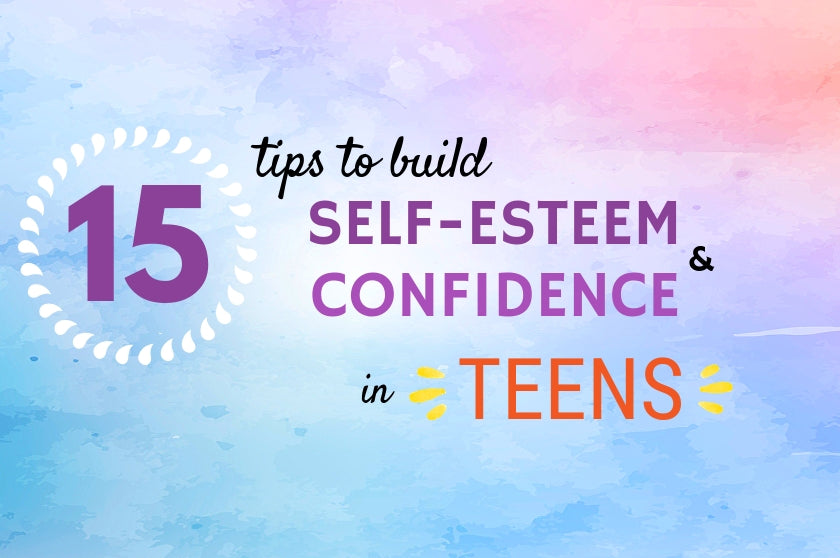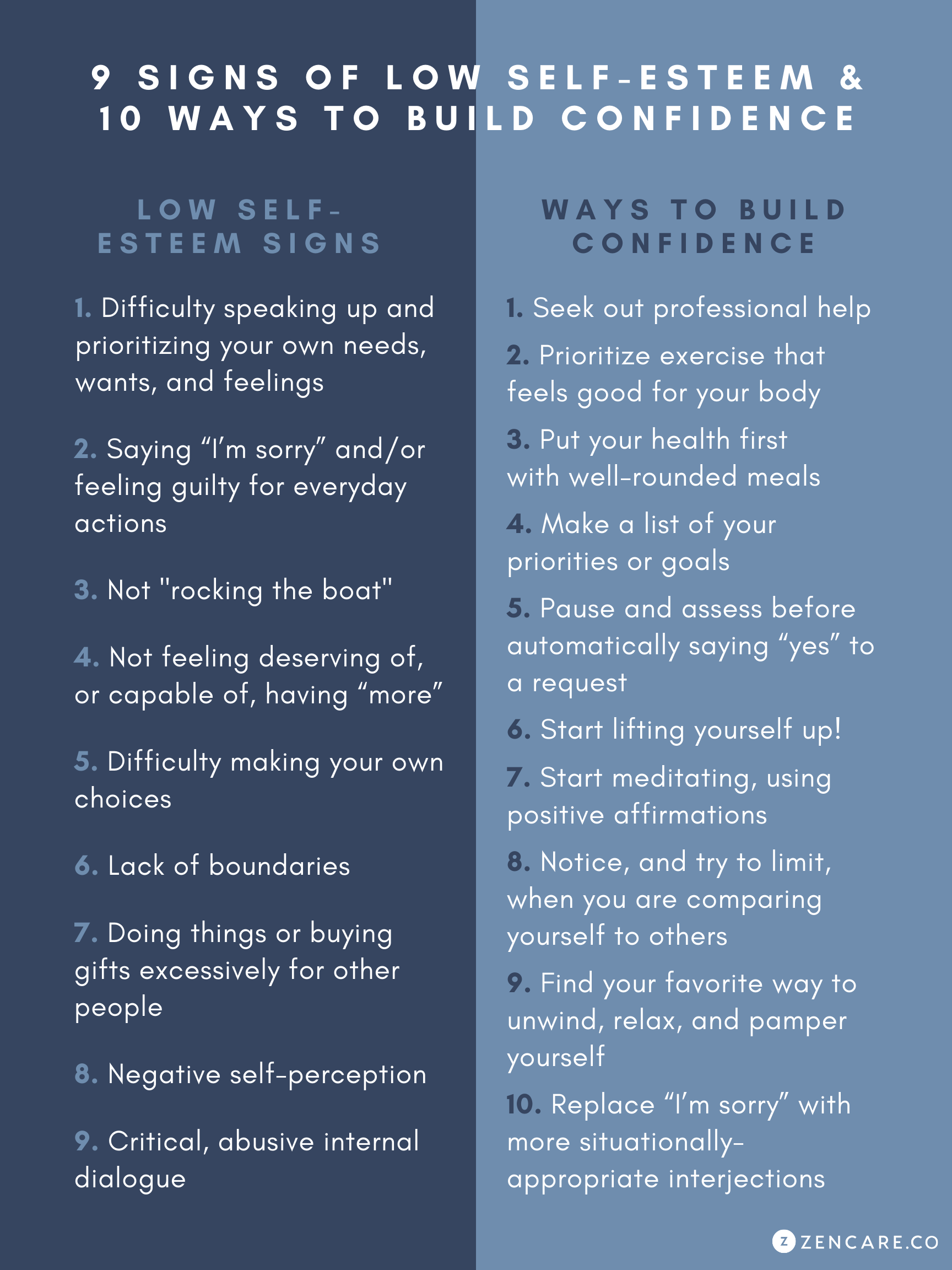How To Build Confidence And Self Esteem

In a world increasingly demanding and competitive, building confidence and fostering healthy self-esteem are crucial for personal well-being and success. But how exactly can individuals cultivate these essential qualities? Experts in psychology and self-improvement offer a range of practical strategies to help individuals bolster their belief in themselves and their abilities.
At its core, building confidence and self-esteem is a journey of self-discovery and acceptance. "It's about understanding your worth, separate from external validation," explains Dr. Anya Sharma, a clinical psychologist specializing in self-esteem issues. This article explores proven techniques for nurturing a positive self-image and developing unshakable confidence.
Understanding Confidence and Self-Esteem
Confidence and self-esteem, while intertwined, are distinct concepts. Confidence is the belief in your ability to perform a specific task or navigate a particular situation. Self-esteem, on the other hand, is a more global sense of self-worth and value.
Low self-esteem can manifest in various ways, including negative self-talk, fear of failure, and difficulty asserting oneself. Conversely, healthy self-esteem fosters resilience, optimism, and a willingness to embrace challenges, according to research from the American Psychological Association (APA).
Practical Strategies for Building Confidence
Setting Achievable Goals
Breaking down large goals into smaller, more manageable steps is a powerful confidence booster. "When you consistently achieve small wins, it builds momentum and reinforces your belief in your capabilities," states Sarah Chen, a life coach and author of "The Confidence Code."
Focus on setting SMART goals – Specific, Measurable, Achievable, Relevant, and Time-bound. Celebrate your accomplishments, no matter how small, to reinforce positive feedback loops.
Challenging Negative Self-Talk
Negative self-talk can be a major obstacle to building confidence. Identifying and challenging these negative thoughts is crucial.
"Ask yourself if your negative thoughts are based on facts or assumptions," advises Dr. Sharma. Reframe these thoughts into more positive and realistic ones. For example, instead of thinking, "I'll never be good at this," try, "This is challenging, but I can learn and improve with practice."
Practicing Self-Compassion
Self-compassion involves treating yourself with the same kindness and understanding you would offer a friend. Acknowledging your imperfections and accepting them as part of being human is essential for building self-esteem.
Research published in the journal "Self and Identity" demonstrates a strong link between self-compassion and psychological well-being. Practicing self-compassion can help reduce self-criticism and foster a more positive self-image.
Developing Competence and Mastery
Improving your skills and knowledge in areas that matter to you can significantly boost confidence. Invest time in learning new things and honing your abilities.
Taking courses, attending workshops, or seeking mentorship can provide the necessary tools and support to achieve mastery. The feeling of competence derived from mastering a skill can translate into increased self-belief in other areas of your life.
Embracing Failure as a Learning Opportunity
Fear of failure often paralyzes individuals and prevents them from taking risks. Reframing failure as a learning opportunity is crucial for growth and confidence building.
Consider failure as feedback rather than a reflection of your worth. Analyze what went wrong, learn from your mistakes, and use that knowledge to improve in the future.
Seeking Professional Help
For individuals struggling with deeply rooted self-esteem issues or persistent negative self-talk, seeking professional help is advisable. Therapists and counselors can provide guidance and support in addressing underlying issues and developing coping mechanisms.
Cognitive Behavioral Therapy (CBT) is a particularly effective approach for addressing negative thought patterns and behaviors that contribute to low self-esteem, according to the National Institute of Mental Health (NIMH).
Building confidence and self-esteem is a continuous process, not a destination. By implementing these strategies and cultivating a positive mindset, individuals can unlock their potential and live more fulfilling lives.
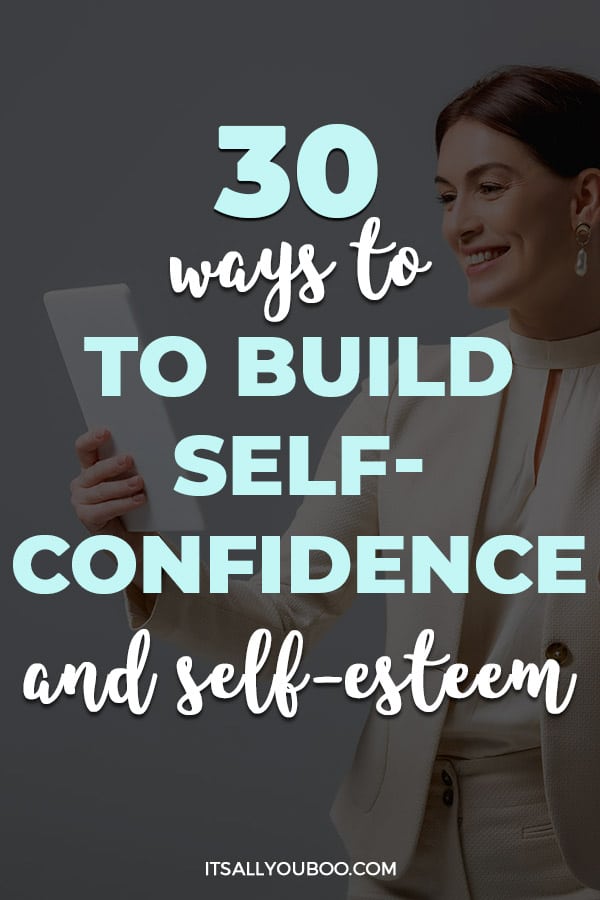
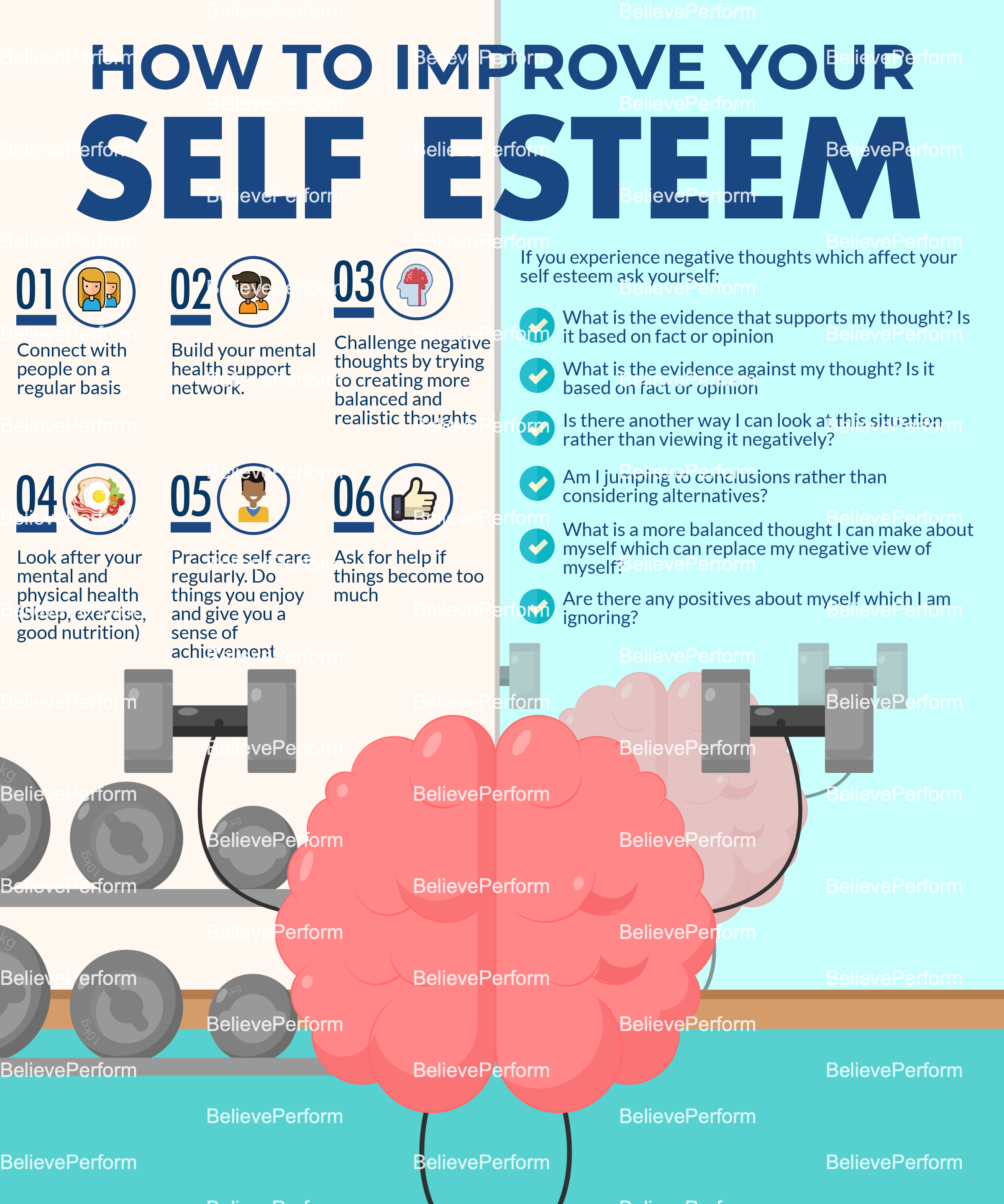






:max_bytes(150000):strip_icc()/how-to-build-self-confidence-5209231-FINAL-fe2e0265fbed407da074f1345163ba21.jpg)
